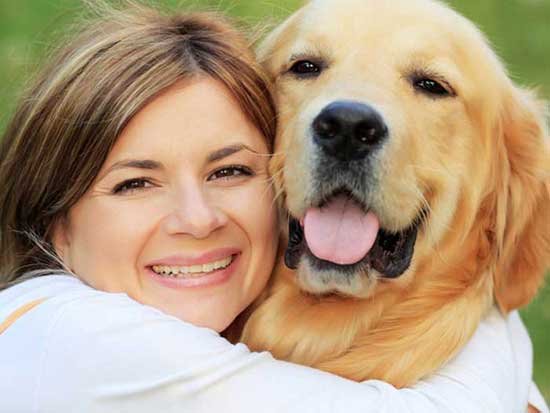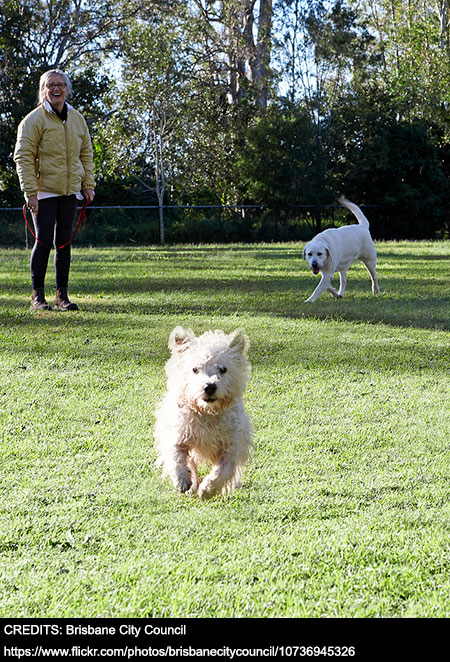Christmas: Keeping your dog safe
 Christmas is fast approaching again, so we would like to remind you of some important things to consider when preparing for the Festive Season with your dog.
Christmas is fast approaching again, so we would like to remind you of some important things to consider when preparing for the Festive Season with your dog.
Foods
Many dried fruits are poisonous to dogs so don’t allow them access to grapes, the cheeseboard, or any Christmas cake, Christmas pudding or mince pies.
Your Christmas dinner and the lovely big turkey that has been roasting all morning will be very tempting to your dog, but be careful about allowing him to partake in this meal. Onions, including leeks, and onion powder that may be found in stuffing mixes, can cause liver damage or a rare form of anaemia in dogs. This applies to both cooked and raw onions and leeks. Additionally, gravy can be very fatty, salty and too rich for your dog, so keep him away from the gravy boat and don’t allow him to lick your plates clean!
Salt can be dangerous to dogs as they cannot process excess quantities. Especially in an older dog, too much salt can cause kidney damage. So please watch out for the bowls of salted treats and make sure they aren’t easily accessible for your dog.
At Christmas, there will be quantities of sweets and chocolate around your house. Chocolate is very tempting for dogs but it can be a lethal temptation for them! Symptoms of chocolate poisoning include hyper-excitability, vomiting, frequent urination, diarrhoea, rapid breathing, weakness and seizures. If you discover that your dog has eaten chocolate and is displaying these symptoms, contact your vet immediately. Store chocolate well out of the way of your dog, and make his Christmas treats be something more natural for dogs. Also, discarded sweet wrappers can be very tempting too. Sweet wrappers can get trapped in the stomach and digestive system making for a very sick dog, and the need for an operation to remove them.
Never be tempted to feed your dog the cooked bone from a joint or the cooked carcass of a roasted bird. Cooked bones can cause internal damage as they splinter.
Alcohol
Make sure alcoholic drinks are out of the way of your dog. Your dog may be tempted to sample the contents of a glass left on the floor or a low coffee table.
Please be mindful that, if you are drunk, your dog may not recognise you instantly as he normally does. He may be fearful of you and back away or growl at you. Try to keep your voice calm and neutral, don’t rush to touch him, and allow him to work out that it's really you.
Decorations
Please do ensure that Christmas decorations are out of reach of your dog, especially a puppy who will be interested to sample the delights of tinsel, baubles and Christmas tree lights. Also, if you’re in the process of toilet training a puppy using paper in the house, don’t leave wrapped presents under the tree as it is likely that the puppy will use them as a toilet. Don’t reprimand your puppy for mistakes like this…he is learning.
Presents
Please ensure that any small parts of toys, and any batteries are always out of the reach of your dog. If he swallows a battery, please seek veterinary advice. If you are going to buy presents for your dog, please ensure that they are toys manufactured specifically for dogs. Buy dog toys from a reputable pet shop or manufacturer and go for quality rather than quantity.
Visitors
Dogs often love visitors and all the extra attention they bring. However, please ensure that your dog doesn’t become overwhelmed with attention. Particularly watch his interaction with children, and create a safe space for your dog to retreat to if things become too much. Don’t allow anyone to approach your dog once he has gone to his safe space. You may have to be firm with visitors, but you are responsible for the well-being of your dog, and you need to be sure that he won’t be pushed to his limits. Also, if you are holding a party, ensure that alcoholic drinks and party food are not left lying on the floor where your dog can help himself…you could end up with a very poorly pooch! Very often, dogs do not appreciate loud music so be mindful of this and allow him to go to his safe space, or turn the music down.
Fireworks
Please think twice before letting off fireworks to celebrate Christmas. Fireworks are one of the main complaints we hear from dog owners; they can cause extreme anxiety to dogs as they don’t understand the loud bangs. Doing without the fireworks will be appreciated by both your dog and those that live in the area.
If you prepare yourself, and try to view the Christmas wonderland of your home through your dog’s eyes, we are sure that you will be able to enjoy a safe and happy Christmas with your pet.

 As we all know, if you are a dog lover, owning a dog can be great fun and rewarding for all members of the family. However, the joy of owning a dog also brings with it a commitment from you that will last around 12 years or even longer. During that time, you will face challenges, frustrations and financial demands that may put a strain on your pockets, your relationship with your dog, and sometimes even your relationship with other members of your household!
As we all know, if you are a dog lover, owning a dog can be great fun and rewarding for all members of the family. However, the joy of owning a dog also brings with it a commitment from you that will last around 12 years or even longer. During that time, you will face challenges, frustrations and financial demands that may put a strain on your pockets, your relationship with your dog, and sometimes even your relationship with other members of your household! It’s that time of year again! Christmas is fast approaching, and the season for after-work drinks, get-togethers and parties is about to begin. Obviously, we all want to enjoy this time of year; but do spare a thought for your four-legged friends as they don’t understand the changes that may occur in your routine and your behaviour. We’ve put together some advice for you to ensure that you keep your dog safe, comfortable and happy during your seasonal celebrations.
It’s that time of year again! Christmas is fast approaching, and the season for after-work drinks, get-togethers and parties is about to begin. Obviously, we all want to enjoy this time of year; but do spare a thought for your four-legged friends as they don’t understand the changes that may occur in your routine and your behaviour. We’ve put together some advice for you to ensure that you keep your dog safe, comfortable and happy during your seasonal celebrations.